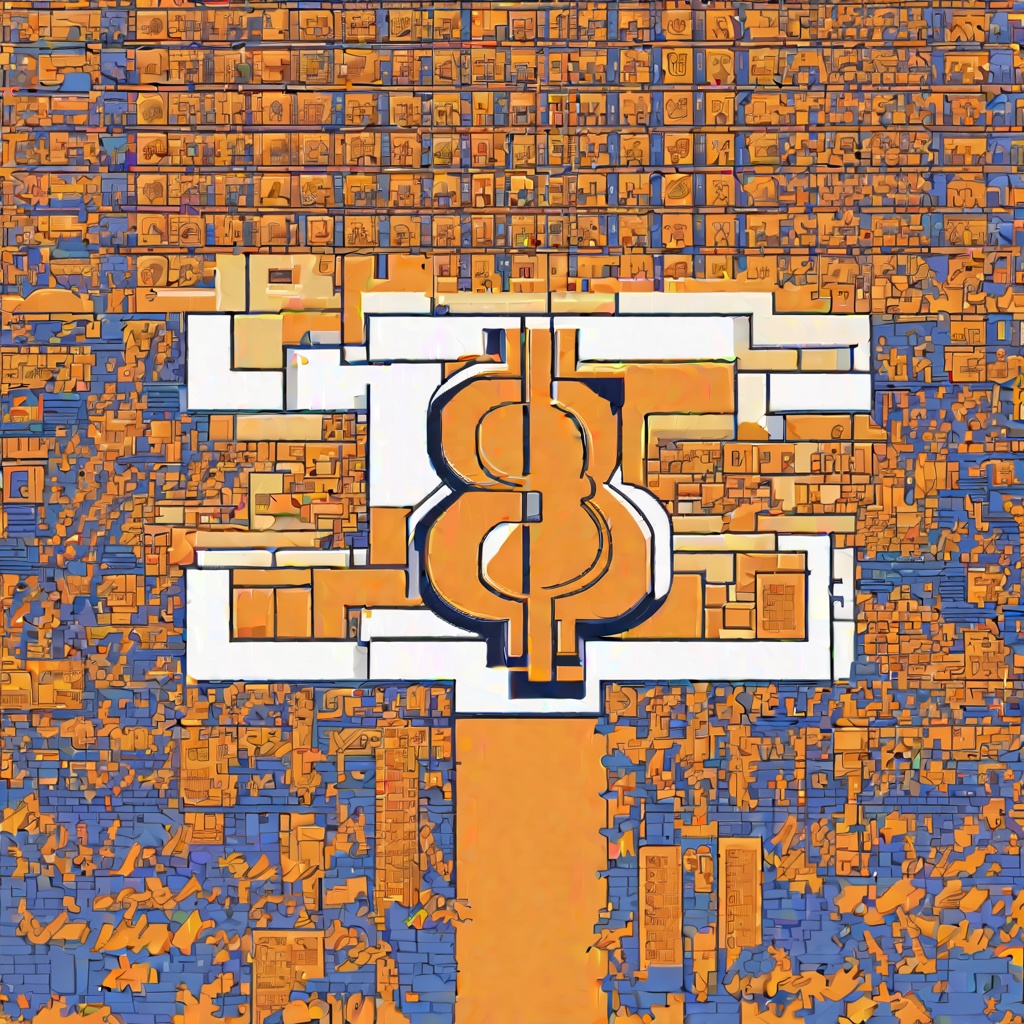What are real estate exchange-traded funds (ETFs)?
Could you elaborate on real estate exchange-traded funds, or REITs? I'm curious to know how they function within the financial landscape. Do they offer investors a way to diversify their portfolios by investing in real estate assets without the complexities of direct ownership? What are the key advantages and potential risks associated with REITs? Additionally, how do REITs differ from other types of ETFs, and how are they priced and traded on the market? I'm interested in understanding the mechanics and potential returns of these investment vehicles.

What are low-cost exchange-traded funds (ETFs)?
Could you please elaborate on what low-cost exchange-traded funds (ETFs) are? I'm particularly interested in understanding how they differ from traditional ETFs and why they might be attractive to investors. Are there specific advantages that low-cost ETFs offer, such as lower management fees or broader market coverage? Additionally, how do investors typically evaluate the performance of these funds and what metrics should they consider? Your insights into this topic would be greatly appreciated.

When will options trading begin for bitcoin exchange-traded funds (ETFs)?
With the increasing popularity and adoption of cryptocurrencies, investors are eagerly awaiting the arrival of bitcoin exchange-traded funds (ETFs) with options trading capabilities. But the question remains: When will options trading for bitcoin ETFs commence? This is a crucial development for many investors who seek to leverage their investments and hedge risks in the volatile cryptocurrency market. Given the significant price fluctuations in bitcoin and other digital currencies, the ability to trade options on bitcoin ETFs could provide investors with a powerful tool to manage their portfolios and potentially enhance returns. So, the question remains: When can we expect options trading to become available for bitcoin ETFs?

Should you invest in semiconductor exchange-traded funds (ETFs)?
The question of whether to invest in semiconductor exchange-traded funds (ETFs) begs a detailed analysis of the current market conditions and future prospects. Semiconductor ETFs offer investors a diversified portfolio focused on companies that manufacture and supply key components in the technology industry. With the rapid advancements in technology and the growing demand for digital devices, semiconductor companies are poised to benefit significantly. However, the volatility of the tech sector and the potential for disruption from emerging technologies are factors that need to be carefully considered. Investors must weigh the potential upside of growth opportunities against the risks of market fluctuations and technological shifts. Ultimately, the decision to invest in semiconductor ETFs depends on an investor's individual financial goals, risk tolerance, and market outlook.

What are healthcare exchange-traded funds (ETFs)?
Could you please elaborate on the concept of healthcare exchange-traded funds (ETFs)? As a finance practitioner, I'm interested in understanding how these investment vehicles work. Specifically, I'd like to know what assets they typically hold, how they are managed, and what kind of investors they are suitable for. Additionally, I'm curious about the risks associated with investing in healthcare ETFs and how they are typically evaluated. Your insights would be greatly appreciated.

